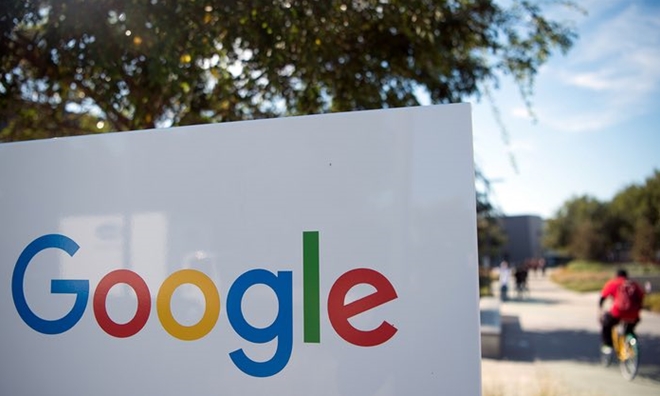Google to display fact-checking labels to show if news is true or false
Google is to start displaying fact-checking labels in its search results to highlight news and information that has been vetted and show whether it is considered to be true or false, as part of its efforts to help combat the spread of misinformation and fake news.
The small snippets display information about the claim made by a particular page or site and who made the claim, as well as the results of fact checking on the highlighted claim. The fact checks are not performed by Google, but by named trusted publishers and fact-checkers using an open system to mark claims as having been checked.
 |
|
Google’s fact-checking feature was introduced to Google News in UK and US in October, but will now be displayed globally. Photo: Getty Images |
Cong Yu from Google and Justin Kosslyn from fact-check partner Jigsaw said: “With thousands of new articles published online every minute of every day, the amount of content confronting people online can be overwhelming. And unfortunately, not all of it is factual or true, making it hard for people to distinguish fact from fiction.
“As we make fact checks more visible in search results, we believe people will have an easier time reviewing and assessing these fact checks, and making their own informed opinions.”
Fact check boxes will not be displayed for every search result, and only publishers that are “algorithmically determined to be an authoritative source of information” will be included in the program Google said.
The expansion comes in the wake of heavy criticism of US technology firms for their inaction over the spread of misinformation and fake news, particularly around high-profile topics such as the US election. The UK government recently urged US firms, including Google, Facebook, Twitter and Microsoft, to do more to police their platforms and remove illegal and extremist content.
German chancellor Angela Merkel’s cabinet has also backed legislation that could lead to fines of up to €50m if social networks refuse to remove illegal content and don’t give users an effective way to report fake news and hate speech.
The spread of false information is not a new problem, but has been amplified by the ease of publishing and the vast reach provided by search engines and expansive social networks. The barrier to entry is small and the volume of content high, leading to an expanding issue across multiple platforms and outlets.

